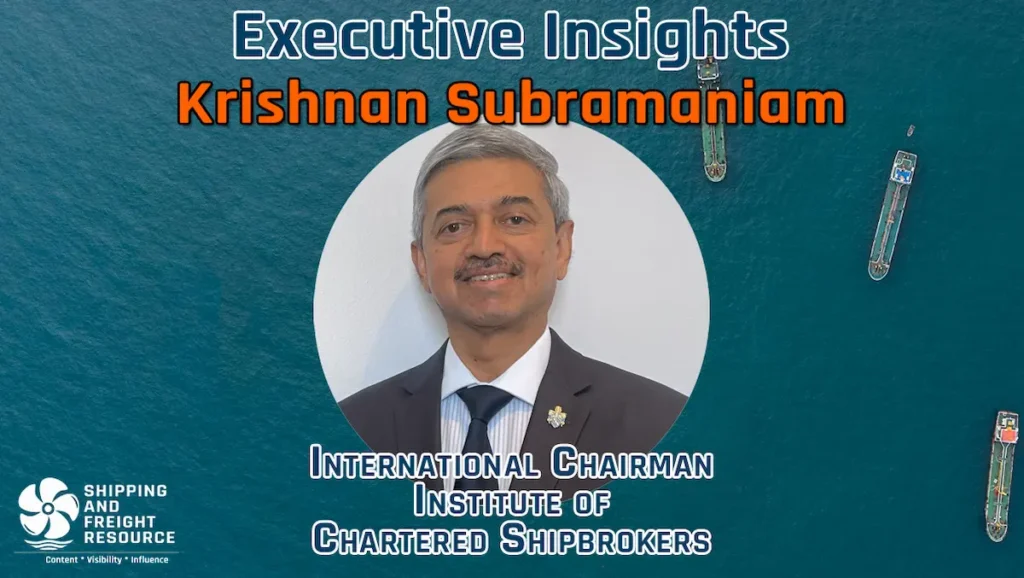DENVER — The chairman-designate of the Surface Transportation Board says he is transforming the regulatory agency into a more efficient body that will help support competition and growth for railroads.
“We want to break down barriers to growth, encourage competition and elevate the role of markets instead of government,” STB Chairman Patrick Fuchs told a rail industry conference Tuesday. “More broadly, I want the board to be more efficient and effective, to deliver for business, and the country.”
The No. 1 priority is to increase the accountability of the board, which he pointed out issues about 400 decisions per year.
“The board has been too slow and too inaccessible,” said Fuchs, who was first appointed to the board by Trump in 2019 and was his choice to lead the body in January. “A tank car case, for example, took 10 years to complete. We should complete statutorily required work in a timely manner. So far, we have increased decision-making in cases 28% this year since last year.”
Fuchs (pronounced like “books”) was the keynote speaker at the American Short Line and Regional Railroad Association conference here.
The transformation of the STB comes amid sweeping restructuring of the federal government by the Trump administration, mostly by executive order. However, that massive change has been less noticeable across transportation in comparison to the slash-and-burn tactics rending other agencies.
In a separate interview, Fuchs told FreightWaves that the White House is preparing a document regarding executive control and organization for all federal agencies that he expects to be issued in the coming weeks. Meanwhile, the STB has reduced full-time staff, mostly through voluntary separations, though he could not say how many.
Fuchs in his speech said he is imposing more deadlines and expects the board to enforce them. He also directed 95% of the board staff to return to the office full-time – a statement that drew applause.
Fuchs claimed that an intensive review and rationalization of the board’s mission-critical functions has so far resulted in operational cost savings of about 6%. He has initiated a comprehensive reorganization, to make it flatter and faster. For example, legal staffs have been combined, he said, empowering them to move and make decisions quickly.
“We’re closely examining personnel based on statutory requirements and caseload,” he said. “We have terminated seven contracts that weren’t directly beneficial to mission criticality.”
Fuchs expects the coming months to be the beginning of transformational change, but not simply for change’s sake. “Judge me by the results,” he said. “Hold me accountable.”
Fuchs wants his agency to focus on streamlined processes that get adjudicatory processes on track rather than issuing new regulations.
The chairman is also prioritizing transparency to help establish timing estimates for board decisions. “I want to push out to the public when you will receive their next regulatory actions, and make that the norm for all docket cases.”
That transparency will extend to data, an initiative that has already been launched.
“We don’t want to collect data we are not using,” Fuchs said. “If we collect it, we must have a use case for it. We also want to make it easier to submit data; we have reduced data fields by the hundreds. We also want to make it easier for the public to see that data.”
More broadly, Fuchs thinks transparency has the potential to be similarly transformational, particularly when paired with emerging artificial intelligence. He said private industry can accelerate this change.
Collaboration is another tenet of Fuchs’ vision for the STB.
“The board has a role in growth, and we see our role in helping railroads compete, for instance, where there is competition from trucks. There are ways to break down barriers – for instance, in preemption [where federal decision-making is superior to local or state authority]. Some decisions by state and local governments are actually an impediment to competition, and that one local body does not have authority to regulate national markets. We are dealing with provincial interests.”
In related processes, Fuchs wants the board to play a leading role in permitting, and in an expedited manner. He pointed to a recent case involving a rail line in Utah whose plans to transport crude oil to refineries on the West Coast are being contested by local jurisdictions at the U.S. Supreme Court. The STB was a participant in a 3,000-page environmental review in the case, and Fuchs expects a decision by summer.
Collaboration, he said, is also of primary importance, and the STB can play a bigger role in bringing people together.
“Collaboration means that disputes are almost always best worked out by the parties closest to a given situation,” said Fuchs. “That means shippers and railroads coming together to arrive at the best solutions.”
Subscribe to FreightWaves’ Rail e-newsletter and get the latest insights on rail freight right in your inbox.
Find more articles by Stuart Chirls here.
Related coverage:
Union Pacific Railroad CEO ‘very comfortable’ working through tariffs
BNSF’s trade-related intermodal projects move ahead despite tariffs
BNSF, NS, Northwestern ports trim 3 days from intermodal speed service to Chicago













